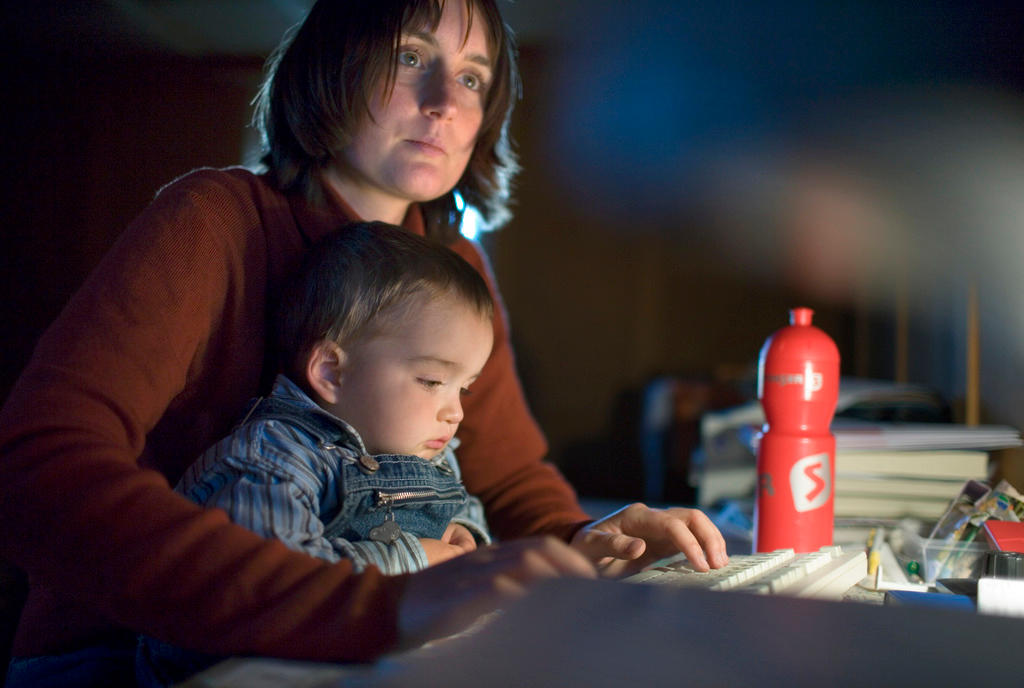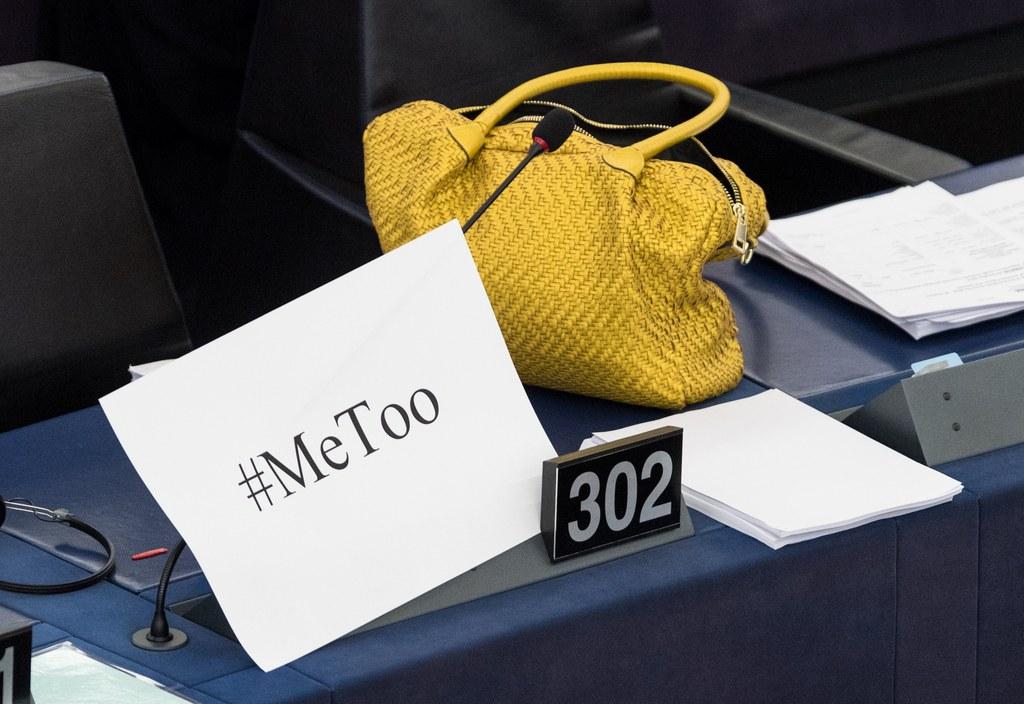Swiss women dominate higher education diplomas

Women in Switzerland have made significant progress in the last 20 years, particularly in the field of higher education. There is now a higher proportion of women than men obtaining a higher education diploma, according to the Federal Statistical Office (FSO).
In 1999, just 9.8% of women aged 25-34 and 14.4% of men of the same age obtained a higher education diploma. In 2019, however, the proportions have risen to 42.3% for young women and 34.7% for men.
These are among statistics published by the FSOExternal link ahead of UN Economic Commission for Europe (UNECEExternal link) workshops on Gender StatisticsExternal link being held in the Swiss town of Neuchâtel from May 13 to 17.
More women are also studying subjects that were traditionally male-dominated, such as science, mathematics, statistics, engineering and construction. Choices of study and of profession are less linked to gender than 20 years ago, says the FSO.
Part-time work
Meanwhile, the proportion of women aged 15-64 in paid employment rose from 68.2% in 1991 to 79.9% in 2018. But the rate of full-time working dropped by 10% for both men and women, with more people choosing to work part-time. Some 59% of employed women now work part-time, compared with 17.6% of working men.
In couples with a child under four, the traditional model where the man works full-time and the woman stays at home dropped from 59.2% in 1992 to 23.3% in 2017. The most common model for such families is now a full-time working father and a part-time working mother: the proportion of such cases has risen from around a quarter in 1992 to about a half now.
Housework remains unequally distributed, being carried out mainly by women in more than 70% of families with young children, according to statistics from 2013.
The FSO also points to the continuing gender gaps in pay and political representation for women in Switzerland.

More
Swiss wage gap between genders remains bafflingly wide

In compliance with the JTI standards
More: SWI swissinfo.ch certified by the Journalism Trust Initiative




You can find an overview of ongoing debates with our journalists here. Please join us!
If you want to start a conversation about a topic raised in this article or want to report factual errors, email us at english@swissinfo.ch.